Parents’ lives are full of worries. Children often get sick, don’t eat and sleep well, are hyperactive, fight with their peers and don’t want to study – the list goes on and on.
Many of the above are normal signs of childhood. However, not all these problems are caused by age characteristics. Often, they are based on obvious or hidden disorders of the body’s work.
One of the most important birth defects that has a global impact on a child’s health and development is anchor tongue (shortened tongue frenulum or Tongue Tie).
How to recognize a Tongue Tie in a child?
If the frenulum of the tongue is short and thick, it can be noticed in the first days of the child’s life, even in the maternity hospital. But in most cases, the defect is not so obvious, so parents need to know what to look for in order not to miss the problem.
An important indicator in the diagnosis of this defect is problems with sucking the breast.
If the baby quickly releases the nipple, cries or immediately falls asleep only to wake up after a few minutes, these are alarm signals. The fact is that the anchor tongue interferes with the correct capture of the nipple and complicates the process of sucking. That is why the child gets tired quickly and stops drinking milk, remaining hungry.
Problems and consequences
In a child with an anchor tongue, as a rule, the tummy pain increases, as a violation of the sucking process leads to “swallowing” a large amount of air, which causes flatulence and colic.
Mom also suffers from this childhood defect, and it’s not just about sleepless nights and nervousness.
Cracks on the nipples and mastitis are also a consequence of improper nipple grip.
Dr. Vladimir Pastouk
This, in turn, provokes deterioration or even cessation of lactation, which means that the baby risks being left without mother’s milk – the best food for kids, which will have a negative impact on the health of the child now and in the future. It is extremely important for a child to develop tongue and mouth muscles on the mother’s nipple but not on the bottle. This also will develop one of upmost important developmental functions – nasal breathing.
Switching to artificial formulas, even the best and most modern ones, is always a stress for the child’s body, which, among other things, affects the development and functions of the immune system, increases the risk of allergic reactions and provokes disturbances in the work of the gastrointestinal tract.
A shortened frenulum of the tongue leads to disordered nasal breathing, and then the child does not receive enough oxygen, which causes a considerable number of problems in his life.
Thus, mouth breathing disrupts the adequate function of the tonsils, which increase in size, blocking the airways, which further interferes with proper face and head development.
Dr. Vladimir Pastouk
Next, due to the constantly open mouth, the jaws are formed incorrectly, and then the teeth grow crowded and/or crooked, and multiple cavities appear on them (more often on the upper jaw). All this together leads to the pathology of the bite, and with it – to the disruption of the mechanics of chewing, insufficient grinding of food, which naturally leads to problems with the digestive system. As a result, the child does not receive useful substances that are so necessary for proper physical and mental development.
Moreover, such a child, in order to facilitate breathing, is forced to slightly tilt his head forward, this leads to overstrain of the occipital and neck muscles, which worsens the access of oxygen to the brain. This has an obvious negative impact on the child’s cognitive (mental) abilities, emotional intelligence and behavioral reactions. Such children are unrestrained, inattentive and hyperactive, therefore they do not adapt well in society, often provoke conflicts, do not find friends and are unsuccessful in their studies.
With such “baggage” it will be difficult for them to succeed in adult life: to make a brilliant career, become socially significant and build harmonious relationships within the family.
It would seem that a Tongue Tie is such a small and seemingly insignificant defect, but look at how many troubles it entails!
Glossodontics® is the key to a child’s success in the future
Glossodontics® offers an effective solution to the proper breathing and Tongue Tie problem and the troubles it provokes.
A timely and almost painless operation to trim the frenulum of the tongue will help prevent many pathologies and disorders in the body.
It is important that it can (and should) be done in the first days of life. A child whose tongue was “released” can lutch to his mother’s breast immediately after the operation. And then he/she will be able to breathe, eat, sleep, play, learn and develop as nature intended.
However, we emphasize that such an operation can be done later – at any age. But then Glossodontics® will offer comprehensive care, which will include not only surgery, but also a number of therapeutic methods and recommendations for lifestyle changes. This will allow not only to “release” the Tongue Ties and teach it to work correctly, but also help to get rid of the problems it provoked and become a prevention of other pathologies.
If you suspect that your child has a tongue-tie, contact a specialist immediately in order to get a correct diagnosis and adequate treatment in time. This will help ensure the harmonious and happy growth of your baby and will be a guarantee of his success in the future.




